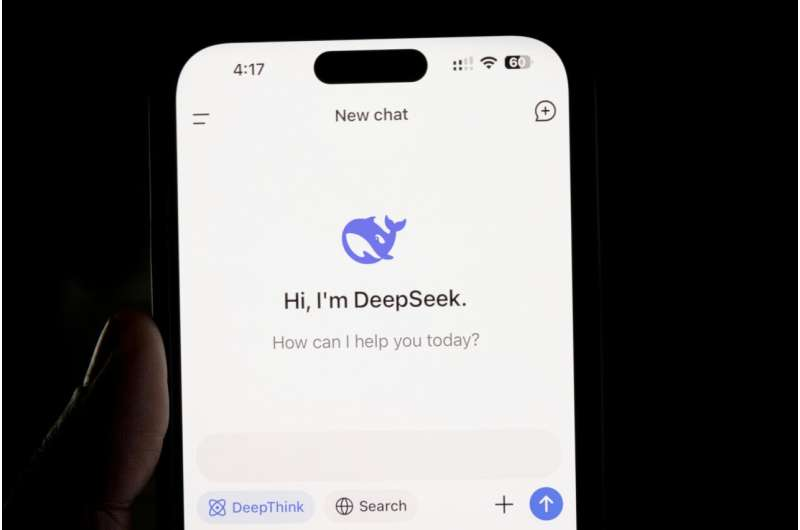Now, governments worldwide—from Washington to Seoul—are rushing to ban the Chinese application on official devices, fearing potential leaks of sensitive information through its generative AI services.
Italy was the first to react, launching an investigation and blocking DeepSeek from collecting user data. In 2023, the Italian Data Protection Authority had already temporarily blocked ChatGPT. Following Italy’s move, Taiwan prohibited DeepSeek’s use in government and critical infrastructure, citing national security concerns. Just days later, Australia joined in.
In South Korea, ministries including Defense and Unification, as well as the national police, have banned DeepSeek on work computers due to security risks. Meanwhile, in the U.S., lawmakers have introduced the "Ban DeepSeek on Government Devices Act." According to Congressman Darin LaHood, the program poses a serious national security threat due to its affiliation with a company linked to the Chinese Communist Party.
The primary concern lies in DeepSeek’s terms of service, which include a clause allowing data sharing with third parties—similar to ChatGPT. However, as cybersecurity expert Yoom Hyun-Yeol from Soonchunhyang University points out, unlike U.S. companies, which typically resist government requests for data access, Chinese companies are legally required to comply immediately. This fundamental difference in data protection policies influences the level of trust in tech companies.
Adding to concerns, DeepSeek's privacy policy allows it to collect information about typing patterns and rhythms, enabling user behavior tracking. Chinese authorities insist they do not engage in illegal data collection. Foreign Ministry spokesperson Guo Jiakun stated that DeepSeek bans are not based on real security threats but are politically motivated attempts to manipulate economic and technological competition.
Responding to Washington's concerns, South Korea imposed its own restrictions on DeepSeek—a move experts see as a mix of genuine security worries and alignment with U.S. policies. As a key U.S. ally, Seoul is almost compelled to follow American cybersecurity standards, especially amid potential geopolitical tensions. However, it’s important to note that no major tech company is entirely politically neutral. Google, for example, stores users’ search histories, and it would be naive to assume that such data cannot be accessed by government agencies. Meanwhile, Chinese tech firms are believed to have even deeper ties with state authorities.
AI expert Isabelle Hou from the Taiwan AI Academy pointed out that DeepSeek adheres to "core socialist values." For example, topics like Tiananmen Square or Taiwanese independence, typically censored in China, can technically be discussed on DeepSeek outside the country. However, in practice, these restrictions seem to persist even beyond China's borders.
Although DeepSeek was launched in May 2023, experts believe that a project of this scale could not have emerged overnight. China has made substantial investments in research and development over the years. According to the Korean Chamber of Commerce and Industry, China ranks second globally in R&D investment, trailing only the U.S. However, in the past decade alone, its research funding has increased more than 11-fold. The release of DeepSeek’s R1 program appears to be a strategically planned move, prepared long before the Trump administration took office. Experts expect DeepSeek’s AI technology to evolve even further in the future.
DeepSeek claims it operates using less advanced H800 chips, which were still legally available for sale in China before U.S. export restrictions tightened in 2023. This revelation shocked the semiconductor industry. If DeepSeek indeed runs on H800 chips, it demonstrates that even without cutting-edge semiconductors, high-performance AI can be achieved with well-optimized software.
With global superpowers like the U.S. and China pouring billions into AI, the DeepSeek controversy underscores the urgency for governments—including Seoul—to increase investments in their own AI technologies to stay competitive in the rapidly evolving digital landscape.
 News
News
 Games
Games
 Software
Software
 Music
Music
 Technology
Technology
 Hardware
Hardware
 eSports
eSports
 AI-Artificial Intelligence
AI-Artificial Intelligence
 Internet
Internet
